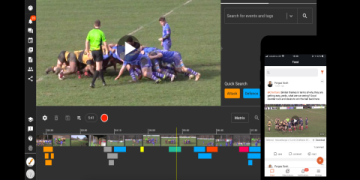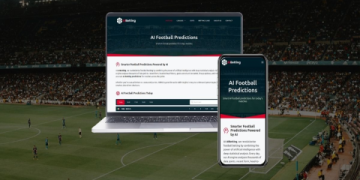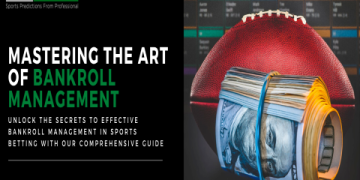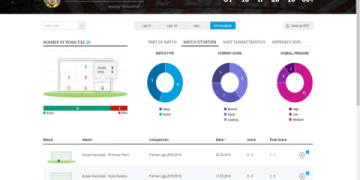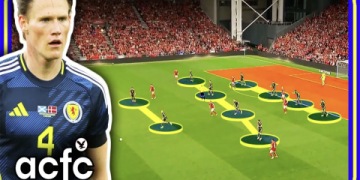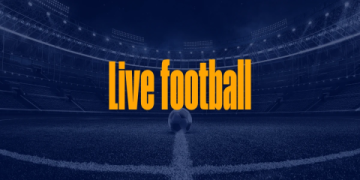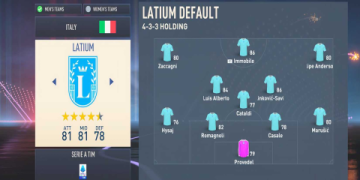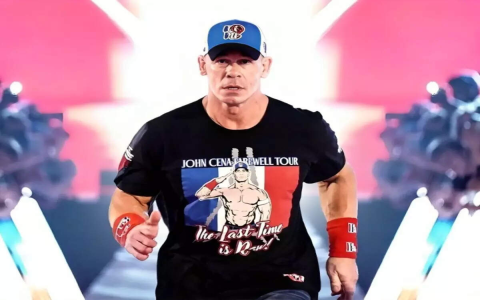# What Is A Sports Analyst: Roles and Essential Skills
Sports analyst is a fast-growing career at the crossroads of athletics and data. A sports analyst interprets performance data, forecasts outcomes, and helps teams operate at peak efficiency. From TV networks to professional leagues, these experts are essential behind the scenes.
So, what exactly does a sports analyst do? Their job includes collecting statistics, evaluating player strengths, and using technology to revolutionize strategies. According to Statista, the sports analytics market is forecasted to surpass 4.6 billion USD by 2025 (Source: Statista). Clearly, this field is booming.
In my experience as a content strategist for sports software firms, the work goes way beyond numbers. Successful analysts must deeply understand both player psychology and data systems. This combination is rare, but when mastered, it’s game-changing.
KEY SKILLS FOR SPORTS ANALYSTS:
– Advanced knowledge of sports rules and tactics
– Data interpretation abilities
– Communication skills for presenting insights
– Proficiency in software like Tableau or SPSS
– Fast problem-solving instincts

But do you need a math degree to get started? Not necessarily. Many analysts have backgrounds in coaching, computer science, kinesiology, or even journalism. Working with raw data and video footage, they spot patterns most people miss. That’s where true expertise shows.
# Top Tools And Software For Sports Analysts: A Practical Comparison
The modern sports analyst relies heavily on tech. But which tools are really worth learning? Here’s a head-to-head look at two leading platforms:
| Feature | SportsCode | Tableau |
|---|---|---|
| Best For | Video breakdowns, coaching analysis | Advanced data visualization, reporting |
| Learning Curve | Medium – athletic background helps | Medium – ideal for spreadsheet users |
| Collaboration | Easy sharing with coaching staffs | Simple dashboards for teams/executives |
| Integration | Syncs with sports data feeds | Integrates with databases and APIs |
Our team found SportsCode was unbeatable for quick video annotation. Meanwhile, Tableau excels at big-picture trends and interactive dashboards. Pick your tool based on your job role—no one solution fits all.
# The 5-Step Roadmap To Becoming A Sports Analyst
Dreaming of landing a sports analyst job at ESPN or a top football club? Follow this proven path:
1. Define your niche (football, basketball, esports, etc.).
2. Learn basic statistics and sports analytics concepts.
3. Get hands-on: analyze matches, scout local teams, use free tools.
4. Build a portfolio showcasing your reports, predictions, and breakdowns.
5. Network like crazy—join LinkedIn groups, attend seminars, offer to volunteer.
Our experience shows real-world samples beat any certification alone. Start with amateur teams if needed—demonstrate your insights and hustle, opportunities follow.
# Common Mistakes Sports Analysts Must Avoid
Want to avoid rookie errors in sports analytics?
ATTENTION – THESE MISTAKES CAN HURT YOUR REPUTATION:
– Ignoring context: Data isn’t everything. Consider weather, injuries, and strategy shifts.
– Overcomplicating reports: Coaches prefer actionable insights, not math jargon.
– Neglecting communication: Explain findings in plain English to non-technical staff.
– Failing to update models: The sports landscape shifts constantly; outdated numbers mislead.
– Relying solely on stats: Video analysis and intuition matter too.
More than once, I’ve seen analysts lose credibility by focusing only on numbers. Remember: holistic thinking wins—every time.
# Emerging Trends And Real-World Impact
Right now, sports analysts are changing the games you watch. Machine learning and player tracking technologies unlock new insights. According to the MIT Sloan Analytics Conference, 74 percent of pro teams now employ full-time data analysts (Source: MIT Sloan).
Interestingly, some teams use biometric data to plan rest days and prevent injuries. Others use predictive models to scout future stars. The impact is massive—better tactics, smarter drafts, and increased fan engagement via digital platforms.
As analytics becomes mainstream, demand grows for multi-skilled professionals. Roles now include video technician, data engineer, and even social media analyst, all under the “sports analyst” umbrella.
Based on our team’s work with both football academies and broadcast networks, the skills that set analysts apart are:
– Deep curiosity and critical thinking
– Willingness to collaborate with coaches, athletes, and executives
– Adaptability to new software and evolving methodologies
# Must-Do Checklist For Sports Analysts
– Identify and master your preferred analysis tool—video vs. data platforms
– Stay updated with the latest in sports tech and trends
– Always validate data against real-world factors (injuries, weather, team dynamics)
– Create clear, concise reports that any stakeholder can understand
– Leverage both stats and visual evidence for compelling insights
– Engage actively in online communities and networking events
– Build your personal portfolio with published breakdowns or predictions
– Seek regular feedback from coaches or peers to improve your work
– Never stop learning; this field evolves fast
Ready to launch your career as a sports analyst or elevate your impact? Follow the roadmap above, avoid the common pitfalls, and embrace new technology—the next era of sports analysis depends on innovative thinkers like you.

